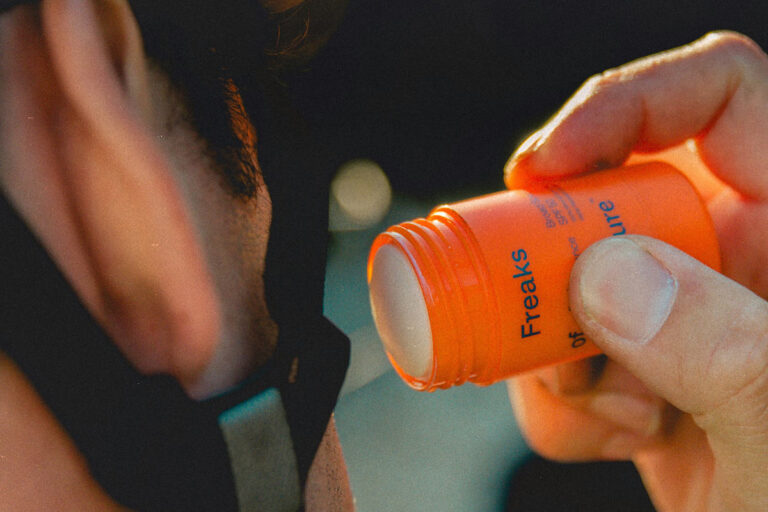Longevity has a branding problem.
Long live. With US consumers spending >$500B annually on wellness, the concept of healthspan has been widely embraced — but longevity messaging isn’t landing.
- Most want to live to 90, yet less than a third discuss “longevity” with their doctor.
- Even though 80% of Americans believe healthtech can extend life, just 18% use it.
Preventative diagnostics, regenerative medicine, personalized routines, and sex-specific science shouldn’t be controversial, yet the category has become synonymous with snake oil.
Out of touch. Chasing quality years over quantity, 66% would rather die young and live well than live long and be sick.
Overindexing on sci-fi fantasies and expensive protocols, longevity conjures images of biohackers and billionaires, but most Americans can’t relate — or don’t want to.
Within reach. Catching on, Oura’s “Give Us the Finger” campaign swapped anti-aging rhetoric for portraits of diverse elders with storied lives. A positive shift, the category must communicate how preserved vitality can make life’s simple pleasures more fulfilling.
Human-centered. 63% approve of regenerative medicine for curing disease, but the optics of the wealthy optimizing while commoners suffer causes pushback. From stem cells to peptides and plasma therapies, making longevity medicine mainstream is as much about ethics as efficacy.
Punchline: Given the choice between a fun life or a long one, many will choose the former. Instead of selling immortality via restrictive routines, longevity brands should help everyday people remain active, pain-free, and present for loved ones through their 90s.






